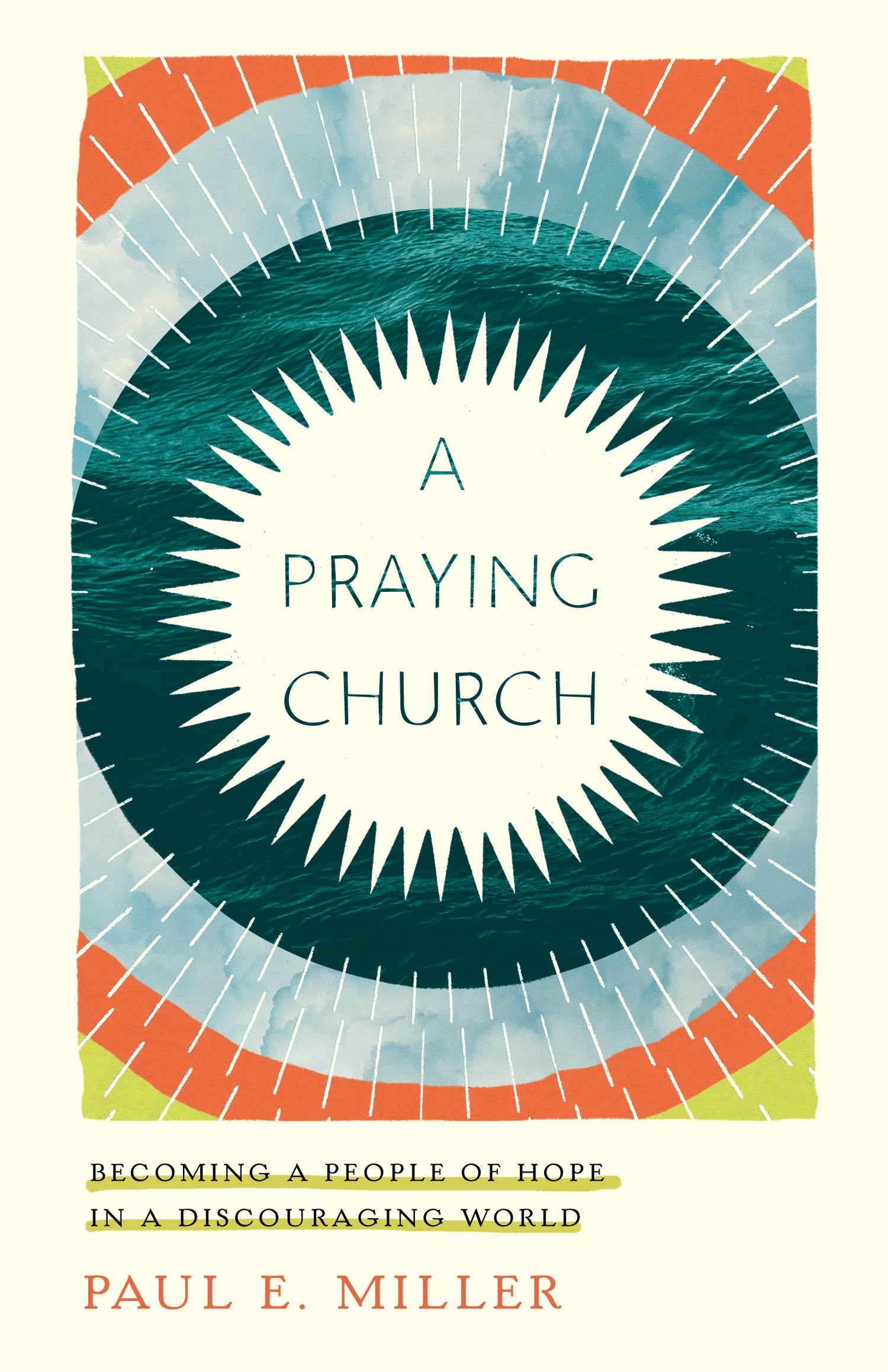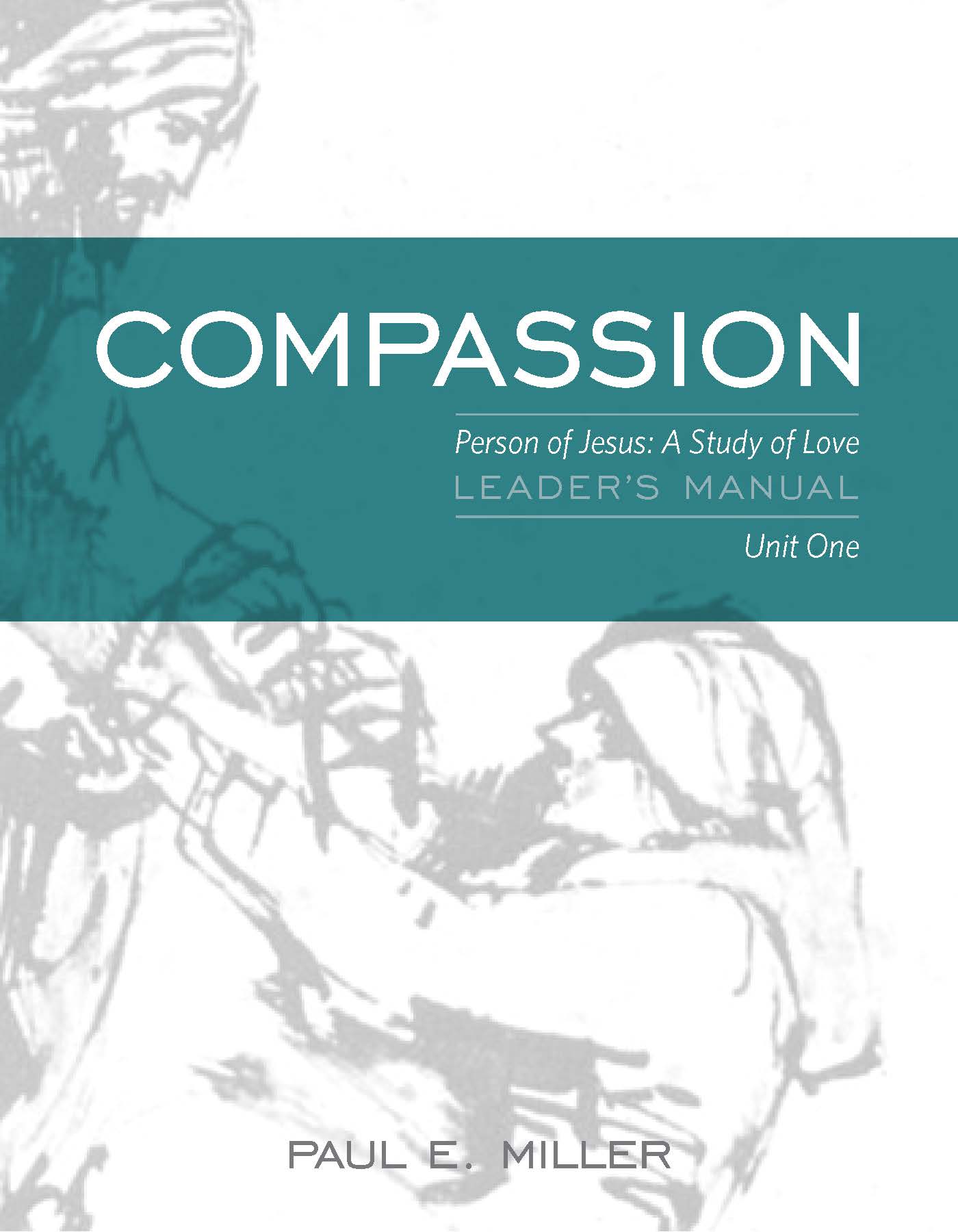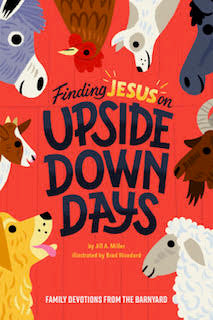Late last year, P&R Publishing released Michael Graham's new biography of my father, Jack Miller. With their permission, I'm sharing the foreword that I wrote:
We were a storytelling family; because, I think, of my dad’s pioneer background, our lives were filled with stories of wagon trains, hunting (or being hunted by) mountain lions, and shipwrecks. I was surprised to learn in first grade that not everyone knew about the fearsome one-eyed Cyclops that the Greek warrior Odysseus battled. Dinnertime was story time, and Dad was the lead storyteller. We’d listen intently to Dad, but when he’d take a bite to eat, we’d all rush into the conversation. When Dad finished chewing, he’d say, “You’re interrupting me”; we’d fall silent, and the story would begin again.
Dad was an astute observer of the times. On our annual camping vacation in the redwoods, we stopped at Haight-Ashbury in San Francisco in 1966, the year before the famous Summer of Love. This was the year that hippies there were living their vision of love and peace. We spent an afternoon chatting with hippies and just looking. As we crossed the Golden Gate Bridge while traveling north on the coastal highway, Dad said, “From what I know of the human heart, there will be a murder in their community within six months.” By the time we got to Eureka, in northern California, there had been a murder among the hippies.
But Dad didn’t just critique hippies; he loved them. Partially because of the influence of what he’d seen at L’Abri in Switzerland with Francis Schaefer, he opened up his heart and our home to numerous burned-out hippies and broken people in the early ’70s. My future wife Jill was one of them. Jill had grown up in the church, but her heart had become distant, so she’d withdrawn. She didn’t want to have anything to do with preachers. She’d become friends with my sister Barbara, who was going through her own rebellion.
When Jill expressed concern to Barb about struggles that her boyfriend was having, Barb suggested that our dad might be able to help him. Jill agreed, but she wasn’t about to go into this preacher’s house, so she dropped her boyfriend off—and, as she did so, she warned him, “He loves to talk.” Waiting outside in her Mustang, Jill grew increasingly impatient. This preacher was taking forever. After an hour, Jill stormed out of the car, ready to extract her boy- friend. When she knocked on the door, Dad greeted her warmly and invited her in. When she was seated, Dad turned to her and asked her, “How are you doing?” Jill burst into tears and said, “I’m not good.” In that moment, Jill became a believer. It was that simple.
What happened with Jill came at a time—the early ’70s—when the Spirit was breathing new life into the church. While Dad had been on a sabbatical in Spain earlier that same year (1970), God had breathed new life into him as he read Geerhardus Vos’s book The Pauline Eschatology. Dad came to a new and profound aware- ness that we live in the age of the Spirit. A constant theme of Dad’s preaching that fall was that, since the Spirit has been poured out on us, we can be daring just like the first church in Acts. The Spirit makes dry bones come alive (see Ezek. 37) and pours out rivers of living water (see John 7:37–39). Dad saw vividly that the Spirit makes Christ continually present in our hearts and lives.
I remember sitting in the pew of Mechanicsville Chapel that fall, listening to Dad preach and thinking, You can’t be that excited about Jesus and not have God do something big. And sure enough, that’s what happened. Because of Dad’s newfound confidence in the Spirit, he began to take prayer more seriously. Studying the books of Luke and Acts helped him to see the deep connection between prayer and the Spirit’s work. For most of the 1980s, Dad hosted a weekly four-hour prayer meeting in his living room in Jenkintown, Pennsylvania. This change in him was as profound as his conversion from atheism had been.
A whole kaleidoscope of new habits and ways of loving people emerged from that time. Jill became just one of countless broken people who were living in our home or just “hanging out.” Our home, and later New Life Church, became multicultural—not because Dad set out to make them that way, but simply because he was multi-love. There was Larry, whose mind was burned out by drugs; Babs, who struggled with physical and mental disability; Charlie, who battled alcohol and drug addiction; and Lois, who hung out with a biker gang. What was Dad’s secret to connecting with people? Jill reflected, “He enjoyed me for who I was.”
Dad had always been bold, but now he became even bolder. He was instrumental in the conversion of my sister Barb (see chapter 5), her future husband Angelo Juliani (see chapter 5), and his other future son-in-law, Bob Heppe (see chapter 3). Remarkably, he led three of his children’s spouses to faith. He didn’t just “witness” to them; he loved all three into the kingdom.
Interestingly enough, even though Dad’s gift was evangelism, his greatest gift was preaching the gospel to those who were already inside the church. He read Romans through the lens of Luke, which made the gospel come alive. Dad was the tax collector in the temple crying out, “Be merciful to me, a sinner”; he was the blind beggar by the side of the road yelling for Jesus. In his preaching, Dad invited the rest of us to join him. So that simple idea, that the gospel is for beggars and that the entrance to the kingdom is down low, permeated his life and preaching. It is behind the single critique he had of his beloved Reformed heritage: “We have created this wonderful castle of grace, but someone forgot to put in a door.”
I agree with Michael Graham that my dad is the unsung pioneer behind the “gospel movement” that has been so influential in the Reformed (and wider) church since 1990. Much of his own influence on that movement was indirect and came through people he had inspired, such as the author Jerry Bridges and the pastor and author Tim Keller, but much of it was direct and came through his Sonship course. And while those who are familiar with the Shepherd controversy at Westminster Seminary may be tempted to think that it was a side note in Dad’s life, it was actually quite pivotal; because by the early 1980s it had refocused Dad on the doctrine of justification by faith. Rediscovering the present application of justification by faith became the principle cornerstone of the Sonship course.
My father was a great man. He gifted me with his love of the gospel, the church, and the Word, but his singular gift of the reminder that the gospel is for sinners, “of whom I am chief,” was his legacy to many of us. I miss him.
We are all indebted to Michael Graham for this labor of love, and for the enormous amount of research he put into this study of Jack, which will bless the church for years to come.
You can pick up a copy of the book at P&R or WTS Books.








